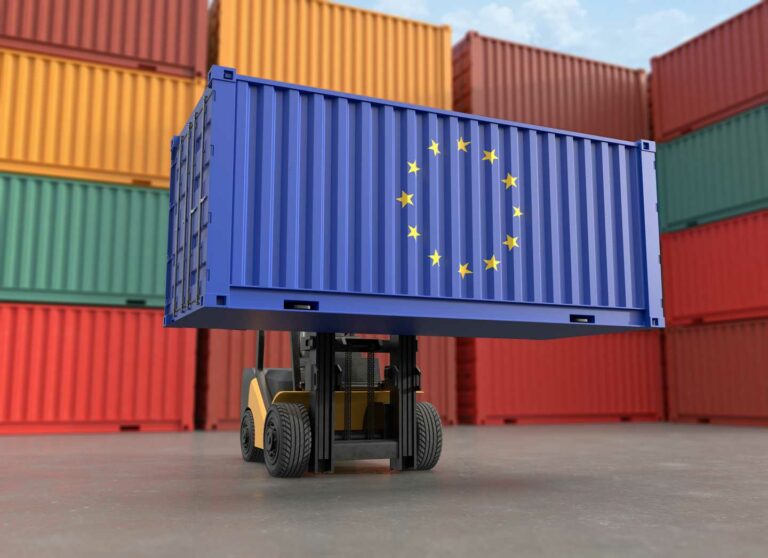Canada benefits from two major trade agreements that facilitate international business development: the USMCA (United States—Mexico—Canada trade agreement, or AEUMC) and the CETA (Comprehensive Economic and Trade Agreement, or AECG).
USMCA (United States—Mexico—Canada Trade Agreement) or AEUMC
This agreement has just been signed and replaces the North American Free Trade Agreement (NAFTA) to which it remains quite similar while opening up new sectors of activity. It defines a free trade zone for goods and services (excluding agriculture) between the United States, Canada, and Mexico. The goals are to remove customs barriers and facilitate cross-border trade.
Comprehensive Economic and Trade Agreement (CETA) or AECG
Signed in 2016, this international treaty defines free trade between the European Union (EU) and Canada and puts an end to import barriers, thereby allowing Canadian and European companies to take part in different markets. Indeed, more than 98% of tariffs are removed under certain conditions. However, the value-added tax (VAT) on imports into the EU and the goods and services tax (GST) on importation into Canada are maintained.
Your company has therefore the opportunity to benefit from the advantages of these trade agreements by respecting certain rules. For example, if you manufacture parts in Poland and export them to Canada, you will not pay customs duties if they respect the eligibility requirements outlined in the CETA. You can then transform your goods in Canada so that the product contains a majority of Canadian components. You will then be able to benefit from the USMCA under certain conditions and sell in the United States.
By optimizing your production chain and taking advantage of Canada’s key position, you can grow your business internationally and:
- sell while benefiting from diminished customs barriers between the US and the EU;
- save on customs duties while your competitors continue to pay 5% to 15% of these duties;
- buy, sell and transform goods through simplified logistics solutions; and
- benefit from obtaining the CE certification in Canada without having your products tested in the EU.
If you would like more information on formalities related to customs exchanges and tax representation, please contact one of our experts.




